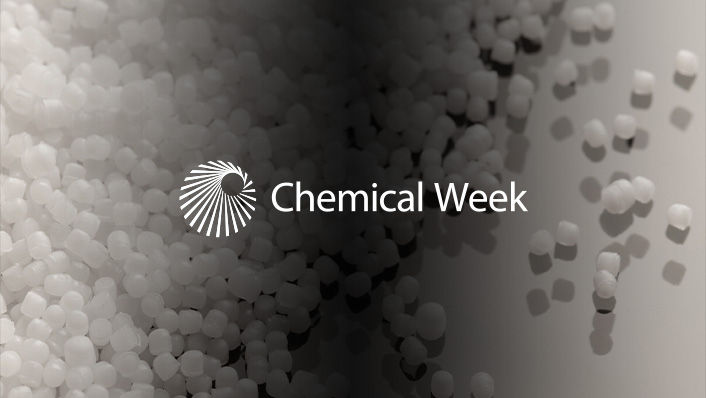Catalysts for a More Sustainable Future
Laura Schwinn, President of Specialty Catalysts at Grace, is featured in a Chemical Week article on her outlook on the future of polyolefins

Outlook on polyolefin growth
In a Chemical Week article, Laura Schwinn, our President of Specialty Catalysts, provided insight on how emerging markets and the growing demand for more sustainable products are driving the polyolefins market and Grace’s R&D priorities.
In addition to your standard supply and demand economics driving growth, macroeconomic factors like population growth, urbanization, and longer life expectancies are all contributing to a growth in polyolefins. As more of these emerging markets move towards urbanization, there will be a growing demand for new construction, transportation, travel, and consumer durables…all of which rely on polyolefins.

"Our polyolefins catalyst portfolio addresses environmental and health challenges that include energy utilization, consumer health, circularity, low emissions, and resin performance enhancements."
Innovating with sustainability in mind
As more emerging markets increase the need for polyolefins, our focus has shifted to making more sustainable products. Schwinn noted, “While process innovation and catalyst performance continue to be priorities of innovation, sustainability is by far the urgent priority moving forward.”
With that initiative in mind, Grace’s newest catalyst systems focus on human health and resource preservation like lower utilization of metals and solvents, higher monomer conversion, circularity, and energy reduction.
Grace intentionally designs our catalysts with sustainability in mind. For example, Grace’s newest 6th generation non-phthalate catalysts produce low volatile organic compound (VOCs) resins which are critical for products like food packaging and children’s toys.